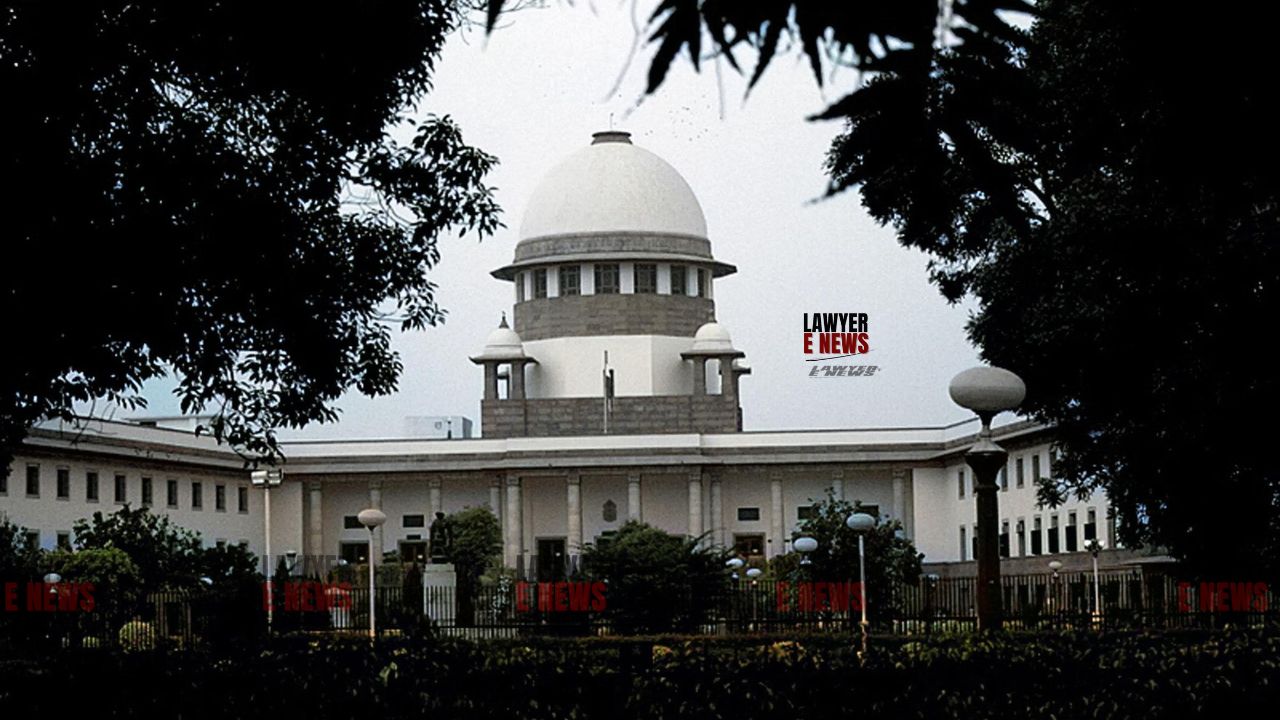-
by Admin
15 February 2026 5:35 AM



Supreme Court ruled enhancing compensation awarded to a child accident victim who sustained 75% permanent disability. The Court adjusted the notional income to the minimum wage for skilled labor, providing a more just calculation for future earnings and lifelong care for the young victim.
The appellant, Rushi Thapa, was 12 years old when a serious road accident in 2013 left her permanently disabled. Her father sought compensation from the Motor Accident Claims Tribunal (MACT), Kamrup, which initially awarded ₹5.59 lakh. Dissatisfied with this amount, Rushi’s father appealed to the Gauhati High Court, which increased the award to ₹18.97 lakh, basing her notional income on the minimum wage for unskilled labor. However, he further appealed to the Supreme Court, asserting that the High Court’s revised award was still insufficient given her lifelong needs.
Justice Sanjay Kumar, writing for the bench, emphasized the need for a just basis for calculating notional income and loss of future prospects for a disabled child. The Court held that Rushi’s notional income should be calculated using skilled worker wages, acknowledging the child’s potential future earnings if not for her injury. The judgment highlighted several key points:
Application of Skilled Worker Wages for Notional Income: The Court revised the notional monthly income from the unskilled rate of ₹169 per day to the skilled worker rate of ₹175 per day, setting her monthly income at ₹5,250. This approach followed the precedent in *Kajal v. Jagdish Chand*, where skilled wages were similarly applied for a child accident victim.
“The notional loss of income is to be computed using the minimum wages payable to a skilled worker,” stated the Court, recalculating the total at ₹9,45,000.
Future Prospects Considered at 40%: In accordance with *Kajal v. Jagdish Chand*, the Court added a 40% increment to account for loss of future prospects, awarding an additional ₹3.78 lakh under this head.
Provision for Lifelong Attendant Charges: Recognizing the need for a permanent attendant due to Rushi’s condition, the Court awarded ₹9 lakh for attendant charges, calculated at ₹5,000 per month with a multiplier of 15 to cover lifelong support.
Enhanced Future Medical Expenses: Given the severity of her disability, the Court increased future medical expenses to ₹5 lakh, reflecting the need for sustained medical care, including physiotherapy and other treatments.
Compensation for Pain, Suffering, and Marriage Prospects: The Court upheld the High Court’s awards for pain and suffering and loss of marriage prospects, each set at ₹3 lakh, compensating for the diminished quality of life and opportunities.
The Court directed the insurance company to pay interest at 7.5% per annum on the balance due from the date of the original claim until the total amount is deposited. The amount will be placed in fixed deposits, with provisions allowing Rushi’s family to withdraw larger sums for urgent needs, subject to Tribunal approval.
This ruling emphasizes fair treatment for young accident victims with disabilities, applying skilled wages for notional income and providing enhanced support for lifelong needs. The judgment sets a compassionate precedent in motor accident claims for minors.
Date of Decision: November 5, 2024
Miss Rushi Vs M/s. Oriental Insurance Co. Ltd. and Another
